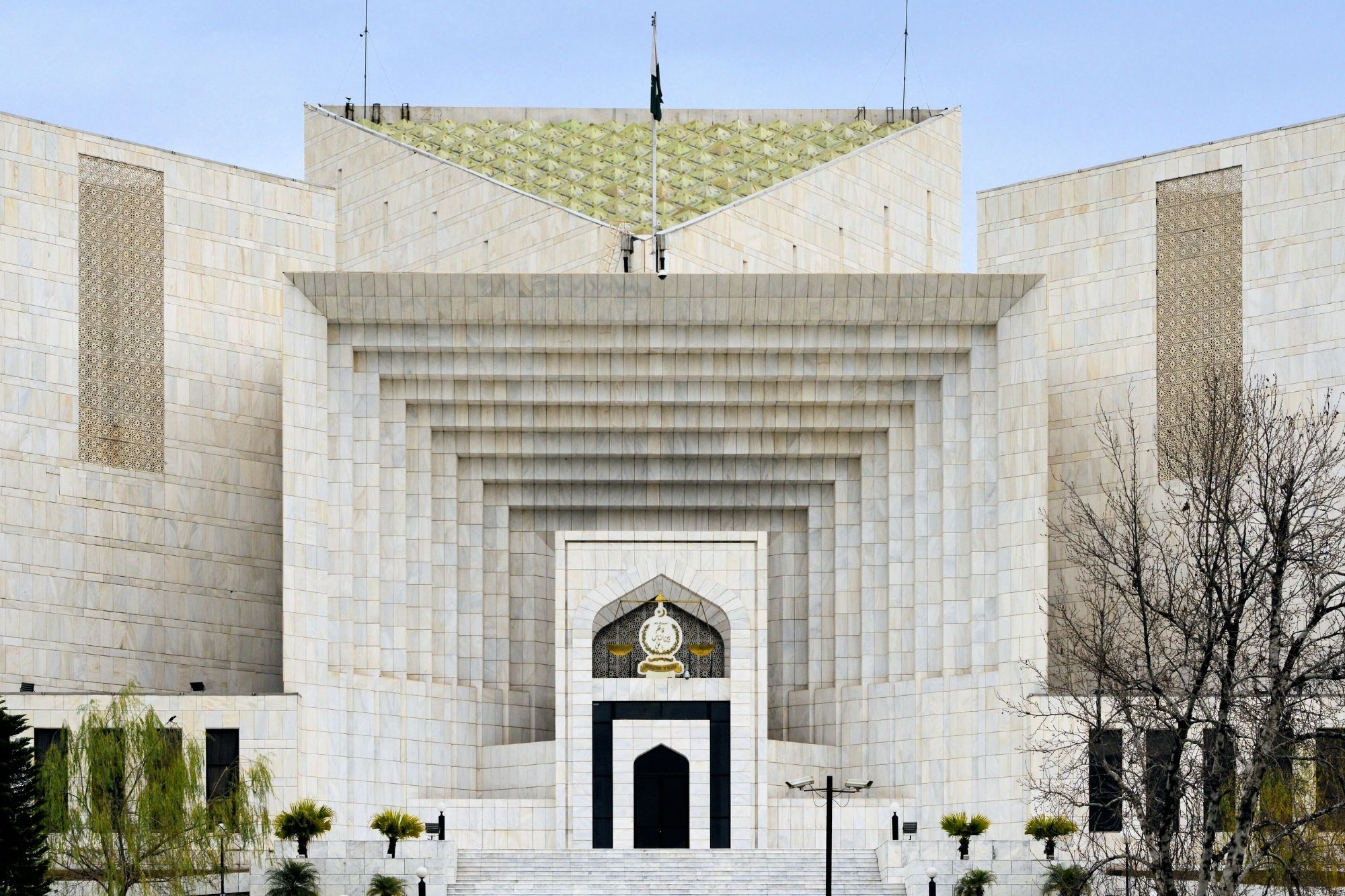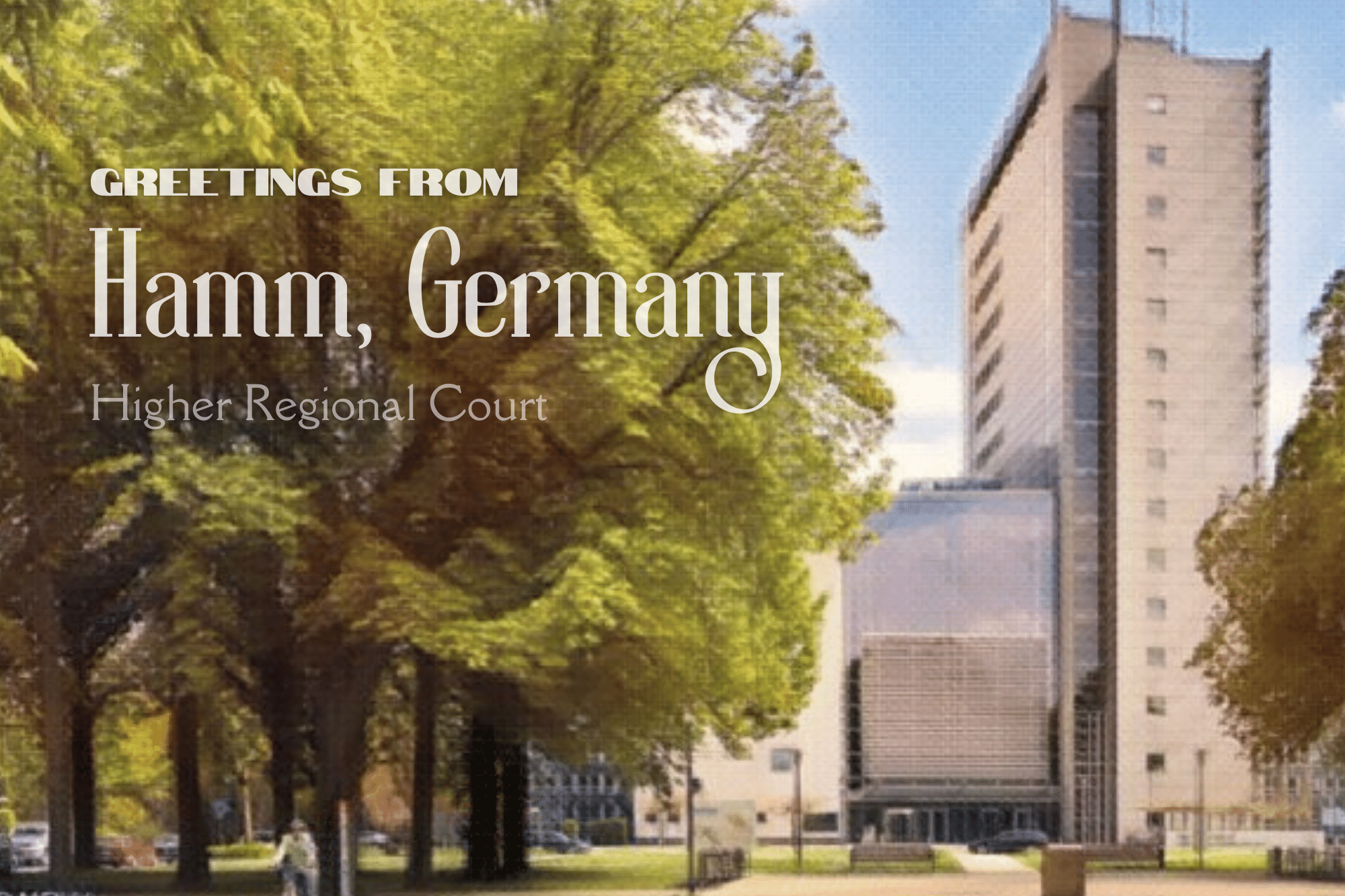 News Roundup, News Brief
News Roundup, News Brief
PICTURED ABOVE: EXTERIOR OF THE SUPREME COURT OF PAKISTAN (GETTY IMAGES SIGNATURE) Hong Kong Two Justices of the United Kingdom have withdrawn from Hong Kong’s final court of appeal, citing […]
 News Roundup, News Brief
News Roundup, News Brief
PICTURED ABOVE: BRIGHT SUNFLOWERS IN UKRAINE (GETTY IMAGES SIGNATURE) Ukraine As Russia continues its violent assault on Ukraine, judiciaries around the world are issuing statements in solidarity and to demand […]
 News Brief, News Roundup
News Brief, News Roundup
Afghanistan Afghan women judges continue to face evacuation challenges New reports on the Afghanistan crisis — the topic of a roundtable discussion in last month’s edition — further detail the […]
 Q&A, Postcards
Q&A, Postcards
In Judicature International’s Postcard Series, judges from around the world answer a series of questions about the structure of their court, challenges they face, unique experiences, and interactions on the bench. […]
 Q&A, Postcards
Q&A, Postcards
by Julia Dhom
Judicature International (2021-22) | An online-only publicationIn Judicature International’s Postcard Series, judges from around the world answer a series of questions about the structure of their court, challenges they face, unique experiences, and interactions on the bench. This […]
 Feature
Feature
The process of judicial selection varies dramatically across the globe. Even countries with similar legal structures and systems might select judges in different ways. And while most scholars agree that […]
 Feature
Feature
Justice Jackson’s post-Nuremberg legacy — his “dispassionate approach” to criminal procedure — continues to shape modern Fourth Amendment jurisprudence.
 Feature
Feature
by Benjamin Ferencz and Michael P. Scharf
Vol. 105 No. 3 (2021) | Leaving AfghanistanDuring the Nuremberg Trials, Ferencz served as a principal trial lawyer for the U.S., working under chief prosecutors Justice Robert Jackson and Telford Taylor.
 Briefs
Briefs
Judicature has launched an international edition online for judges around the world. Judicature International, at judicature.duke.edu/intl, will publish commentary, scholarship, empirical research, opinion, and other content exploring issues of common concern to […]
 News Roundup, News Brief
News Roundup, News Brief
Poland Polish lawyers use romcoms to promote judicial independence In 2017, four Polish lawyers were brainstorming ways to convince the public sector that an independent Polish judiciary was important, not […]